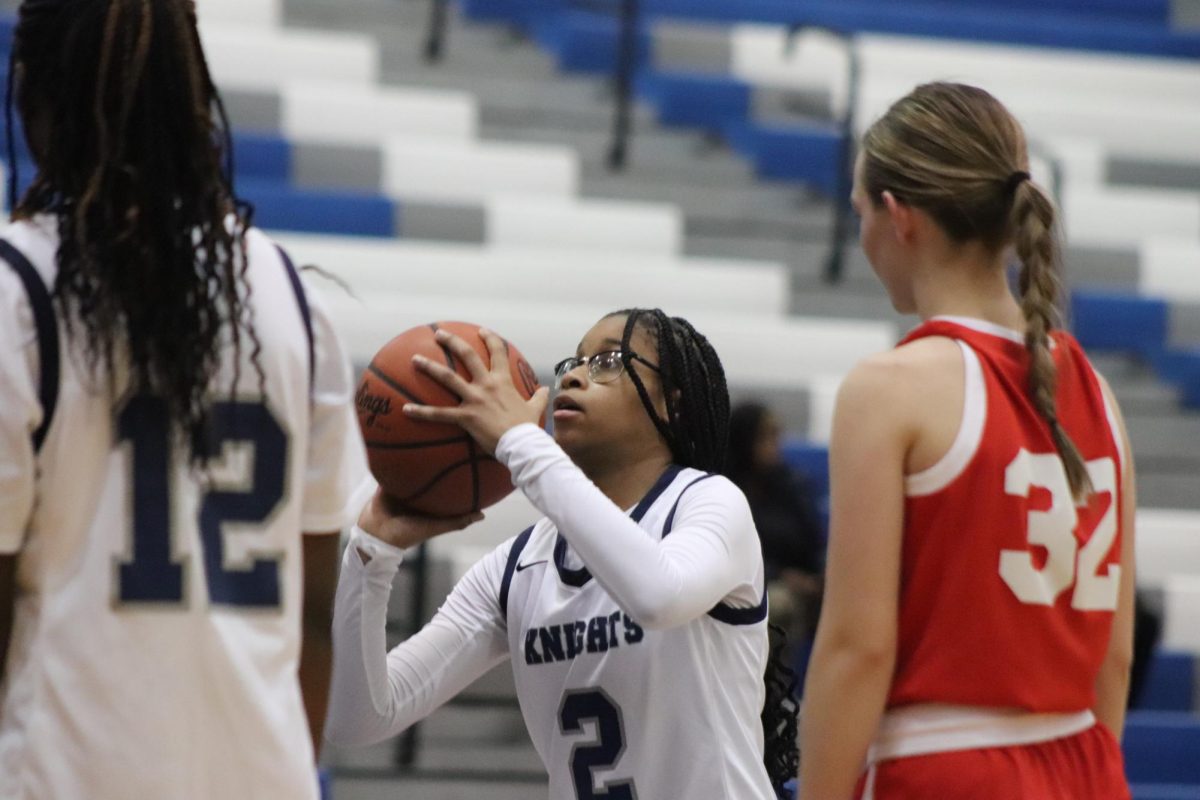Guest Writer Jillian Lynk
 According to a recent study by the “White House Task Force to Protect Students from Sexual Assault,” one in five women will experience sexual assault in their college career. Yet, even when faced with these statistics, college administrations refuse to directly handle the issue. Less than one third of students found responsible for sexual assault are being expelled, which sends the message that colleges will allow sexual assault to happen on their campus.
According to a recent study by the “White House Task Force to Protect Students from Sexual Assault,” one in five women will experience sexual assault in their college career. Yet, even when faced with these statistics, college administrations refuse to directly handle the issue. Less than one third of students found responsible for sexual assault are being expelled, which sends the message that colleges will allow sexual assault to happen on their campus.
The overwhelmingly obvious reason college administrations have for failing to investigate and appropriately deal with these problems is greed. The wish to protect their reputation among prospective students and their families to continue to bring in money.
Administrations can be aware of sexual assaulters but hold off looking for them simply because they don’t want them to be found.
In the case of Notre Dame’s star football player, Prince Shembo, it took the campus police two games to “find” him for an interview. In a stadium that Notre Dame reports to be able to hold over eighty thousand people, it took Shembo playing two televised football games for the school to locate a suspected sexual assaulter.
In a strikingly similar case at Florida State University, lead quarterback Jameis Winston was allowed to continue playing games, win the Gatorade Player of the Year, and go on to the state championship before the university and the police looked further into his case.
Although victim Erica Kinsman identified Winston and requested a DNA analysis, officials refused to do one on Winston and neglected to interview witnesses, friends, their cab driver or even check any of the multiple surveillance cameras from the night of the assault.
Officials decided to temporarily drop Erica Kinsman’s case against Winston because he didn’t want to be interviewed and often reminded Kinsman that Tallahassee was a football town.
Two studies done by Frintner, Rubinson, Crosset, Benedict, and Mcdonald found that less than 3.3 percent of college men are student athletes, but they commit 19 percent or more of reported sexual assaults and 35 percent of domestic violence crimes.
NBA champion and former UCLA basketball player, Kareem Abdul-Jabbar, has recently began to speak out on this issue.
“I’m especially aware of the culture of entitlement that some athletes feel, as they strut around campus with the belief that they can do no wrong,” said Abdul-Jabbar.
Similarly, universities are fairly lenient when it comes to fraternities as well.
“Universities are often fairly hands-off with monitoring the activity within fraternity houses,” said professor of higher education and student affairs at Oklahoma University, John D. Foubert. “It also happens to be the place where a great deal of the high-risk drinking tends to occur on a college campus.”
Foubert also found that men in a fraternity are three times more likely to commit sexual assault than other men in college.
Although not all fraternities portray these behaviors, fraternity chapter Sigma Alpha Epsilon, more commonly known as “Sexual Assault Expected,” is the most frequent perpetrator.
With fraternity chapters all around the nation, it’s hard to monitor their actions but with a chapter widely nicknamed “Sexual Assault Expected,” it’s hard to look the other way. Especially when the same chapter has been exposed for racist actions too. With a circulating video of the group chanting a song about lynching, signs outside their parties advertising “white girls only” and even a hazing event that resulted in a student’s death, it’s shocking how this fraternity hasn’t been investigated further.
Often times this is because the fraternity has gained more power and influence than the university itself.
“Greek housing in particular is so ingrained into many campuses that removing it would leave the schools with potentially thousands of students in need of a place to live and a logistical nightmare,” said Peter Jacobs of “Business Insider.” “Today, one in eight American students at four-year colleges lives in a Greek house, and a conservative estimate of the collective value of these houses across the country is $3 billion.”
Fraternity housing also provides colleges with social activities outside of the school that removes the majority of the administration’s liability.
While this works out for administrations in the long run, it creates a vicious cycle of harassment, violence and acquittal in the American collegiate society.
This is the same cycle that enforces students fear about reporting sexual harassment.
According to the “National Sexual Violence Research Center” more than 90 percent of women don’t report sexual assault on college campuses and when they do 70 percent of colleges didn’t have a protocol for working with local law enforcement, which means a miniscule amount of the reported sexual assaults on college campuses go on public record.
When they do report sexual assault to administration little to nothing is done to stop these perpetrators, yet much is done to silence the victims.
In a “CNN” study done with author Kirby Dick at various schools across North America in 2013, it showed that at University of North Carolina there were 136 reported sexual assaults from 2001 to 2013 and of those, there were zero expulsions, at Stanford University there were 259 reported sexual assaults spanning from 1996 to 2013 yet in all that time there was only one expulsion, at the University of Virginia there were two hundred and five reported sexual assaults from 1998 to 2013, and in that time span there were zero expulsions on the grounds of sexual assault.
Looking further into the University of Virginia’s expulsion records, it was found that even though there were zero expulsions from 205 reported sexual assaults, there were 183 expulsions on the basis of cheating or other honor board violations.
The lack of strict punishments promotes the idea that sexual assault is allowed at these colleges and students will be allowed to remain at the school with no repercussions.
With such a high level of sexual assaults, it would be assumed that at least suspension or subsequent punishments for the perpetrators would be immensely high. In reality universities around America have created the bare minimum of punishments to protect their reputations.
College ranking sites such as “Niche” take the number of reports the college released and local police released on public record and add them into their rankings of the safest college campuses. By the college giving out minimal punishments it allows them to under-report the statistics of sexual assault on their campus.
The same study found that a student accused of sexual assault at Indiana University was suspended over summer vacation, another student at Yale was suspended for a day, one student had to make a poster on how to approach a girl that you like, one student was given a $25 fine and another was given a $75 fine.
These policies reduce these students actions and the people they hurt to twenty five dollars, a poster, twenty four hours, even further reducing the amount of respect and decency that was already taken from the victims.
After that point, administrators will go farther to stop the victims by degrading them even more.
In the previous case regarding Lizzy Seeberg, a freshman at Notre Dame, campus administrators and campus safety police refused investigate her case and failed to prevent further harassment from other students. Seeberg then committed suicide following the school’s gross negligence of her case.
Campus police at Notre Dame didn’t interview the perpetrator until five days after her suicide.
“In a he-said-she-said matter, you can quickly gather forensic evidence to try to determine what happened there, or you can let it linger like they [Notre Dame] did. Let evidence spoil,” said father of Lizzy, Tom Seeberg.
The university’s negligence in cases such as these show that although Title IX, the law designed to protect students and provide clarity with administration and the public, is not doing enough but is a step in the right direction.
Title IX provides a way for student victims to find the perpetrator and administration legally accountable while also setting precedents for the way sexual assault is handled by college administration in the future.
When it was brought to court the Supreme Court decided to support Title IX and confirmed the school’s obligation to protect its students.
“Schools have an obligation under Title IX to prevent and address harassment against students, regardless of whether the harassment is perpetrated by peers, teachers, or other school officials.”
Subscribe to the Newsletter

Lucy Langerveld, Staff Writer • April 16, 2024
2023 was dubbed by mainstream media as the “Year of The Girl”: the "Barbie" movie dominated movie theaters and powerhouse pop artists like...

Faye Radley, Guest Writer • April 15, 2024
It was the middle a weekend afternoon and Torin Radley, a teenage artist, was excited about making a new "Dungeons and Dragons" character. Radley...

Elli Kastner, Guest Writer • April 12, 2024
As you shuffle into class for an important assignment, your non-dominant hand begins to rhythmically tap the golden-brown wood of your desk while...
College Administration Fails to Protect Students from Sexual Assault
June 15, 2017
Leave a Comment
More to Discover













